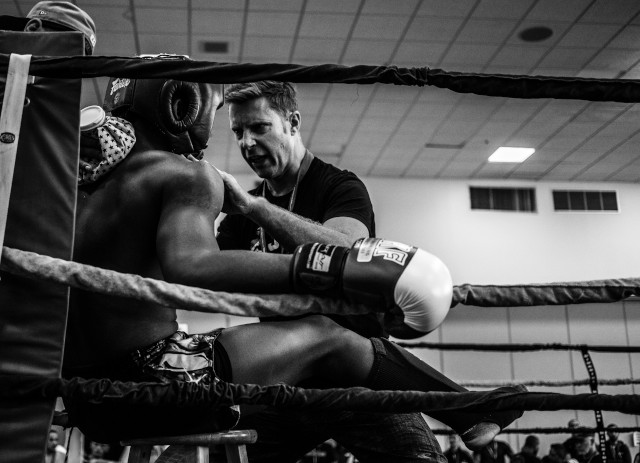
Photo by Waldemar Brandt on Unsplash
- Away C.E.O. Is Back, Just Weeks After Stepping Down
“Frankly, we let some inaccurate reporting influence the timeline of a transition plan that we had,” Ms. Korey said in an interview last week. With some time and perspective, she said, the company’s board members decided to reverse themselves. “All of us said, ‘It’s not right.’”
The members of Away’s board say they feel as if they fell victim to management by Twitter mob.
The company now says it disputes The Verge’s reporting and has hired Elizabeth M. Locke, the lawyer who successfully brought a defamation case against Rolling Stone magazine for a story about a supposed gang rape at the University of Virginia. It is unclear whether Away plans to bring a lawsuit.
https://www.nytimes.com/2020/01/13/business/steph-korey-away.html
Who is Steph Korey?
- Worker burnout is real. Here’s how to spot it.
Burnout isn’t necessarily due to a heavy workload or long hours; hard workers can be happy workers in the right conditions. And occasional short-term burnout is normal for humans, a sign we need a break. But in the case of chronic, pervasive burnout, Beckstrand says, the primary cause is usually a “negative workplace culture” with deficiencies in six areas: purpose, opportunity, success, appreciation, well-being and connection. To combat employee burnout, says Beckstrand, employers should make a regular practice of acknowledging workers for their unique contributions as individuals, and helping them feel connected to a larger purpose.
But it’s not all on management to prevent burnout. Beckstrand recommends that workers take burnout as a sign to seek meaningful contact from supervisors and peers — not just to complain or vent, but to admit when they’re stuck, ask for input and seek a broader perspective on how their work supports the overall mission.
https://www.washingtonpost.com/business/2020/01/16/worker-burnout-is-real-heres-how-spot-it/
- The changing nature of work is changing our workspaces too
But according to Macgadie, companies are becoming more sophisticated with how they think about that data. Rather than simply looking at real estate utilisation and the number of bodies that can be safely be squeezed into a certain square footage, they’re increasingly attempting to tie use of space to more tangible business outcomes and metrics.
“It’s becoming less about efficiency and more about effectiveness. It’s not about density, it’s about whether a space performing a certain task really well. If the output from that space can be quantified and is exceedingly high then that space is really effective,” Macgadie says.
https://digiday.com/media/office-space-changing-nature-work-quickly-changing-spaces-work/
- Goodbye, Back Pain? This Office Chair Was Designed by a Trauma Surgeon
Kneeling chairs emerged in the late-70s, claiming to reduce lower back pain. A few years later, everyone was taking conference calls on exercise balls, the bobbing blobs said to build core strength and zap calories. Various wobbly stools touted similar benefits.
Then we heard sitting was problematic, so we stood. Contrary evidence emerged: One 2017 study, published in the American Journal of Epidemiology, followed more than 7,300 workers for 12 years and discovered those who stood for long periods had a twofold increase in heart disease risk.
When Dr. Turner Osler transitioned from the operating room to an office job where he sat 60 hours a week conducting biostatistics research, the trendy chairs he tried left him achy and unsatisfied. So he decided to adapt the best parts of each for his own design, an active stool dubbed the QOR360 (from $350, qor360.com).






